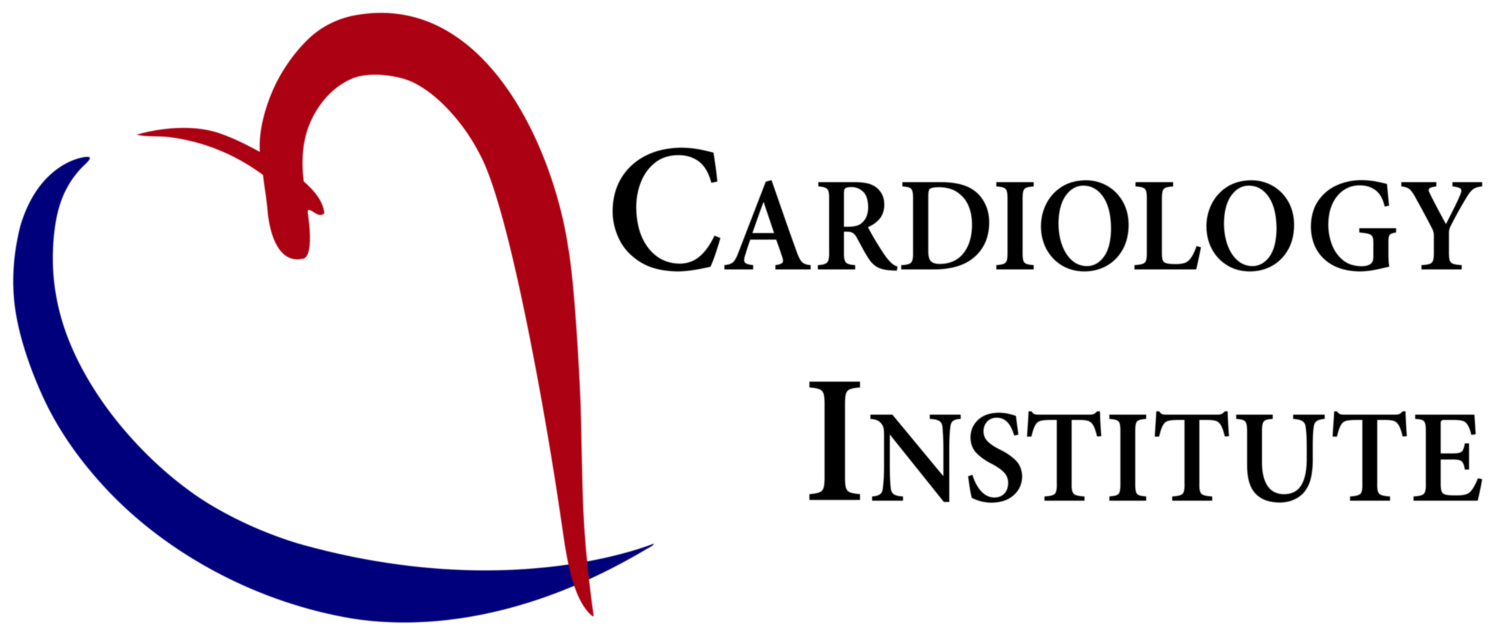Scenario
55M presented with first episode of paroxysmal atrial fibrillation proven on resting ECG in the GP practice. Echocardiogram showed structurally normal heart. The cardiologist decided to manage conservatively without starting anti-arrhythmics right now. Which of the following risk factor management should be part of his AF treatment and prevention?
1. Obesity
2. Hypertension
3. Alcohol use
4. Diet
5. Obstructive sleep apnoea
Discussion
Atrial fibrillation is one of the most common but yet hardest cardiac conditions for both cardiologists and general practitioners.
The major decision points in AF management include
- rate control vs. rhythm control strategy
- anticoagulation
- exclusion of structural heart disease
Unlike coronary artery disease, lifestyle modifications have not been the focus of AF management, until now.
The association between AF and obesity is very convincing. For every 5-point increase in BMI, AF risk is 29% greater, post-operative AF risk is 10% greater, and post-ablation AF recurrence is 13% greater.
Researchers in Adelaide convincingly demonstrated the concept of risk factor management in reducing the burden. They demonstrated this in the population of patients awaiting AF ablation, in which a combination of low calorie diet, exercise program and risk factor management program reduced AF burden, with fewer AF symptoms, fewer and shorter AF episodes on Holter monitor. Pathophysiologically, this may be related to actual anatomical change individual substrate, with increased atrial fibrosis and fatty infiltration from the pericardial into the atrial myocardium itself.
Related to obesity, obstructive sleep apnoea has also been shown to be associated with incident AF. While randomized controlled trials on sleep apnoea screening, diagnosis and ventilation intervention trials have not been performed, it is not unreasonable to advice screening for obstructive sleep apnoea in AF patients.
Alcohol has been demonstrated on meta-analysis to be associated with incident AF, although proving causation has always been difficult in the study of the effect of alcohol on cardiovascular outcome because of issues of confounding factors, as well as self-reporting inaccuracies.
The final factor that has been convincingly demonstrated to affect AF recurrence is BP control intensity. In the ACCORD, LIFE, and CARDIO-sis trials, intensive BP control was demonstrated to reduce probability of incident AF. The exact level is not yet established, but is probably in line with the new ACC/AHA hypertension guidelines, where 130/80mmHg is the new treatment goal.
This is my subjective summary of the available evidence in 2017
Obesity = Strongly correlated; Weight loss works
OSA = Strongly correlated; CPAP probably works ??
Alcohol = Moderately correlated; Probably proven
HT control = Strongly correlated; Intensive HT control works
Lau et al.
References
Lavie CJ, et al. Obesity and Atrial Fibrillation Prevalence, Pathogenesis, and Prognosis: Effects of Weight Loss and Exercise. J Am Coll Cardiol. 2017 Oct 17;70(16):2022-2035 www.onlinejacc.org/content/70/16/2022
Abed HS et al. Effect of weight reduction and cardiometabolic risk factor management on symptom burden and severity in patients with atrial fibrillation: a randomized clinical trial. JAMA. 2013 Nov 20;310(19):2050-60. https://jamanetwork.com/journals/jama/fullarticle/1779533
Gami AS et al. Obstructive sleep apnea, obesity, and the risk of incident atrial fibrillation. J Am Coll Cardiol. 2007 Feb 6;49(5):565-71
Voskoboinik A et al. Alcohol and Atrial Fibrillation: A Sobering Review. J Am Coll Cardiol. 2016 Dec 13;68(23):2567-2576
Larsson SC et al. Alcohol consumption and risk of atrial fibrillation: a prospective study and dose-response meta-analysis. J Am Coll Cardiol. 2014 Jul 22;64(3):281-9
Verdecchia P et al. Usual versus tight control of systolic blood pressure in non-diabetic patients with hypertension (Cardio-Sis): an open-label randomised trial. Lancet. 2009 Aug 15;374(9689):525-33.
Chen LY et al. Effect of Intensive Blood Pressure Lowering on Incident Atrial Fibrillation and P-Wave Indices in the ACCORD Blood Pressure Trial. Am J Hypertens. 2015 Oct 16. pii: hpv172.
Okin PM et al. Effect of lower on-treatment systolic blood pressure on the risk of atrial fibrillation in hypertensive patients. Hypertension. 2015 Aug;66(2):368-73.
Author: Andrew To


